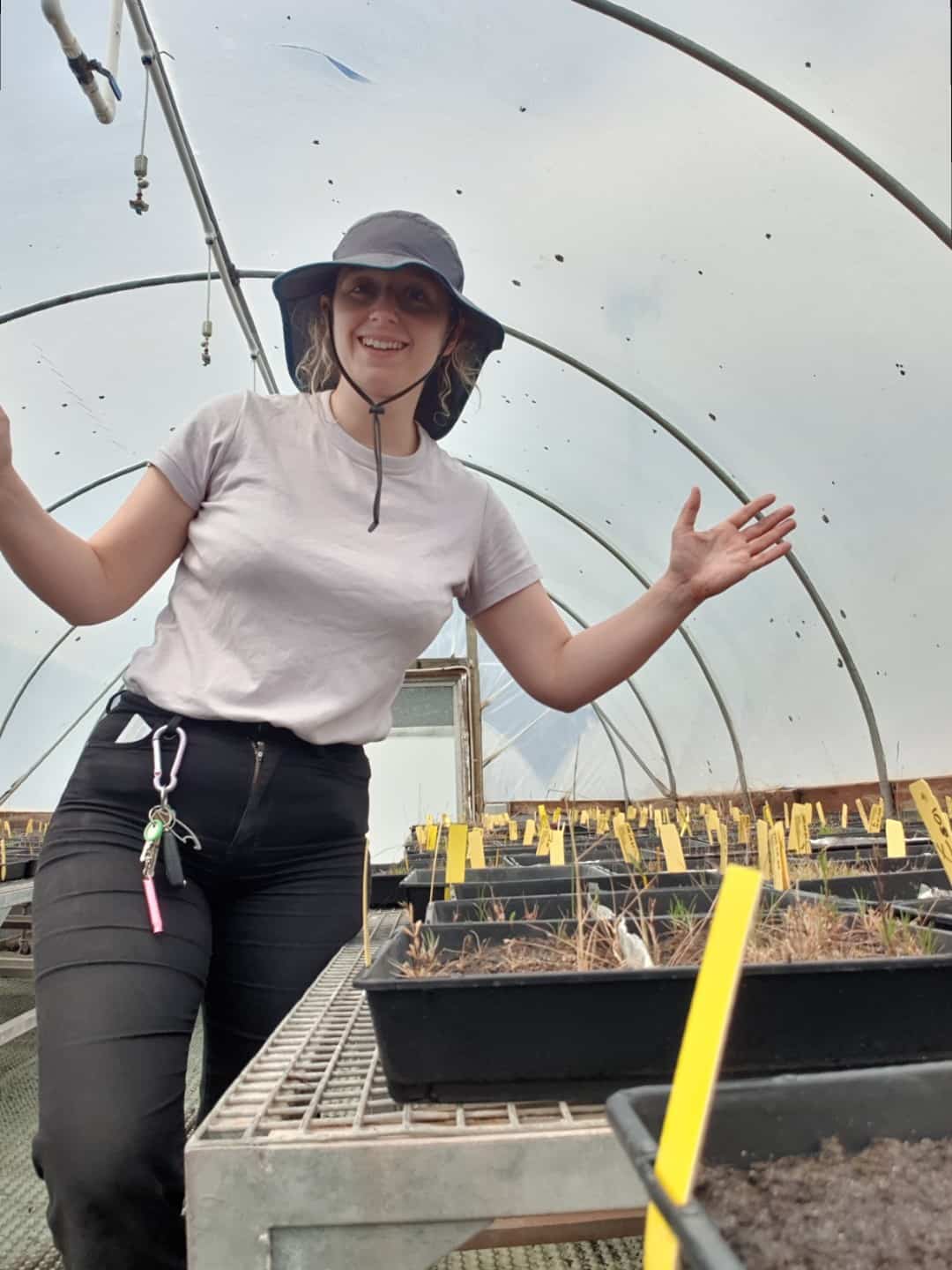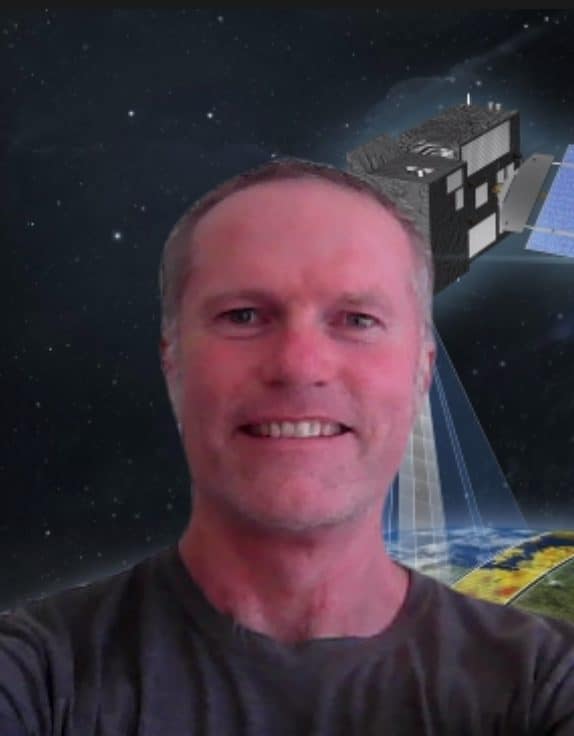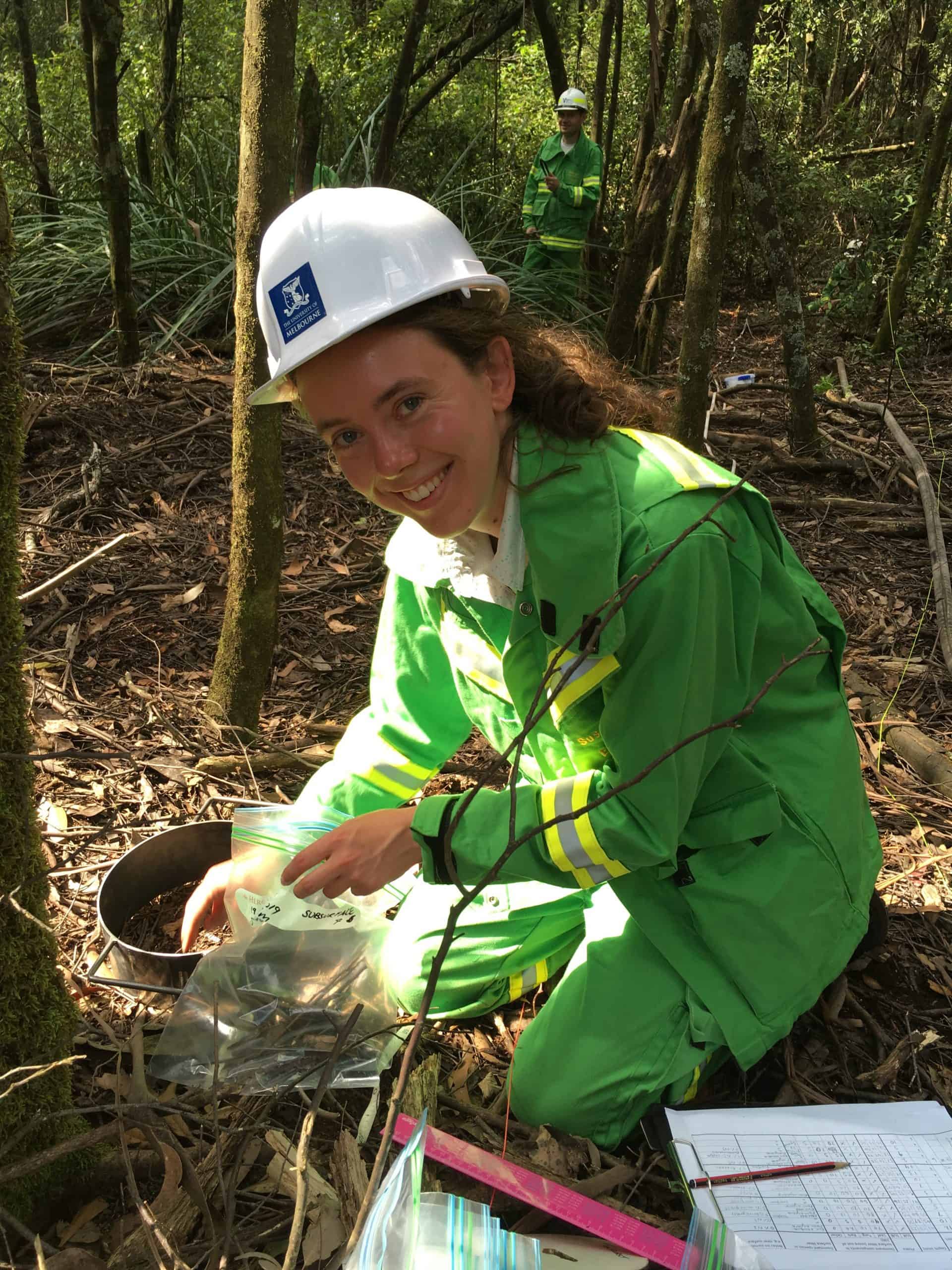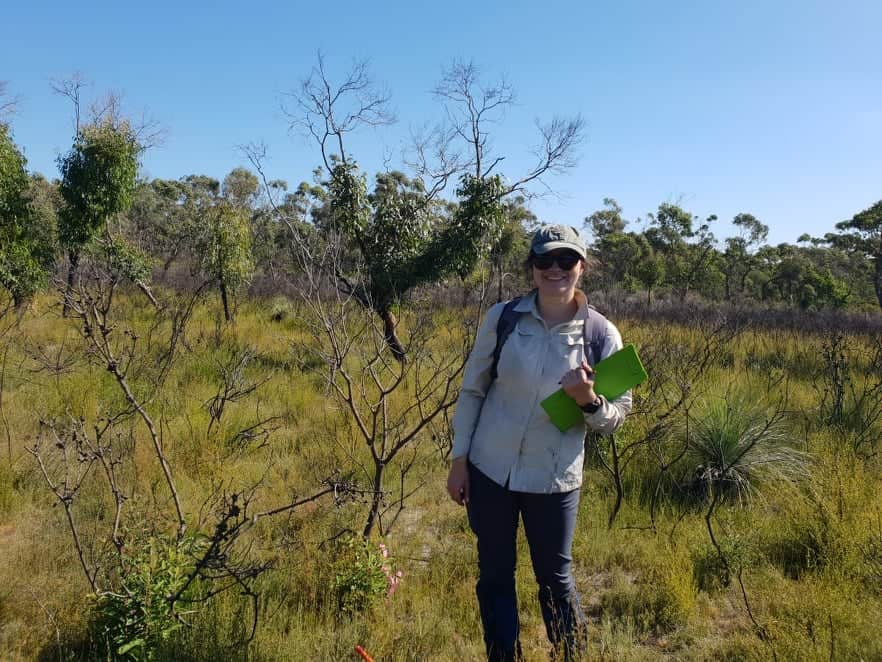Q: What “day to day” type activities that you do?
I have just started my PhD so at the moment I am in the scoping phase of my project – this means I am planning out what my research will focus on and how I will achieve it. I’m doing a literature review to figure out what research has already been done, and am thinking about how I could build on this work and which knowledge gaps I want to target. I’m also trying to narrow down what study system I want to focus on.
Q: What pathway did you take to get into the research?
I completed a Bachelor of Arts / Bachelor of Science at the University of Western Australia, and then spent a few years working in an unrelated industry. I decided I wanted to get back into ecology and took an intensive Masters of Conservation Science course at the University of Queensland which featured an optional research extension. I saw some information about a fire ecology research project I thought was cool and contacted the researcher who agreed to supervise me through the extension, which I completed with a systematic literature review on fire ecology research focusing on ecological communities for conservation purposes. I met other fire researchers and learnt more about other fire research projects (including quite a few from University of Melbourne) through my supervisor, through science Twitter and when presenting my research at Ecological Society of Australia’s 2019 conference. When I saw an advertised PhD with FLARE, I saw it as an opportunity to keep doing fire research within a dedicated but multidisciplinary bushfire group which was really appealing.
Q: Does your scholarship cover your living expenses?
Yes, easily! I have limited expenses as I only have to look after myself and I also relocated to a regional campus (Creswick), so I am paying less in rent than I’m used to.
Q: If there are things about a research environment that help you to thrive, how can you tell whether you will find them before you start?
It really helps to talk to people who have worked at a facility or within the research group where you are thinking about going. This can be a lot easier if you’re coming straight out of undergraduate degree at the same university, but it’s still worth trying even if you don’t think you have existing connections.
It is also good to talk to people with similar needs to you. For instance, if you have a disability, don’t just ask about what support structures are available, try talk to someone else who has used them. Your needs might change, but if you are already aware of the support that is available then it will make a difference and be easier for you to access them in a way that works for you. Before I applied, I had heard good things about my future supervisors from queer scientists who had collaborated with them. By the time I had accepted the position I had talked to other trans students about the university broadly. I have worked in sexist environments and with transphobic colleagues before, so getting positive feedback from within the LGBTI community before I started was reassuring.
Q: If you had to move to take up this research role, do you have any tips to getting settled somewhere new?
I moved interstate to start with FLARE. While it is my fourth time moving to study, this is my first time moving where I don’t already have close friends. Meeting new people has been delayed because of lockdowns, but from previous moves I have found that volunteering on things that is mostly unrelated to your day job or research focus can be a really good way to meet new people, build routines and start to feel settled in a new community – preferably something that involves being outdoors, moving around the neighbourhood and meeting other people! Offer to take a neighbour’s dog to a dog park for them. Check out a community garden. I found the start of a PhD to be really unstructured, so having a few other things scheduled is useful.



